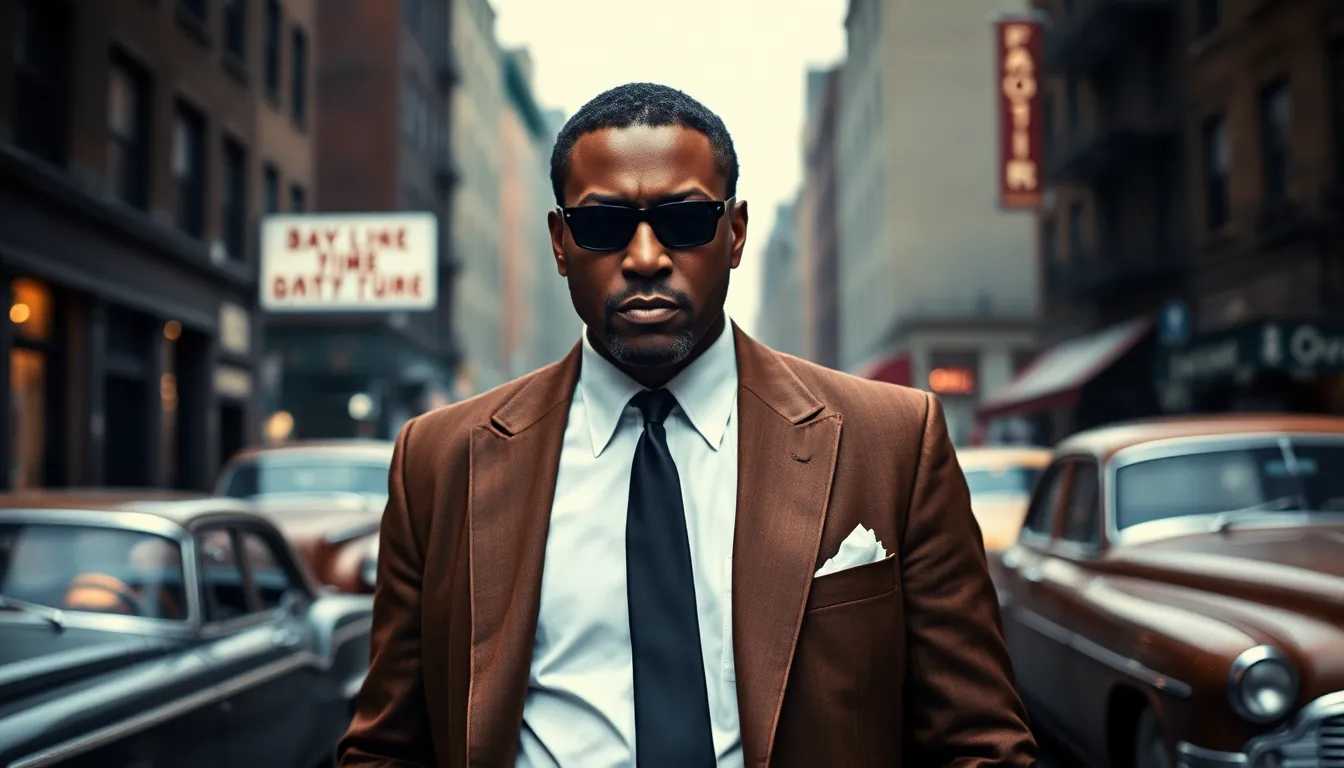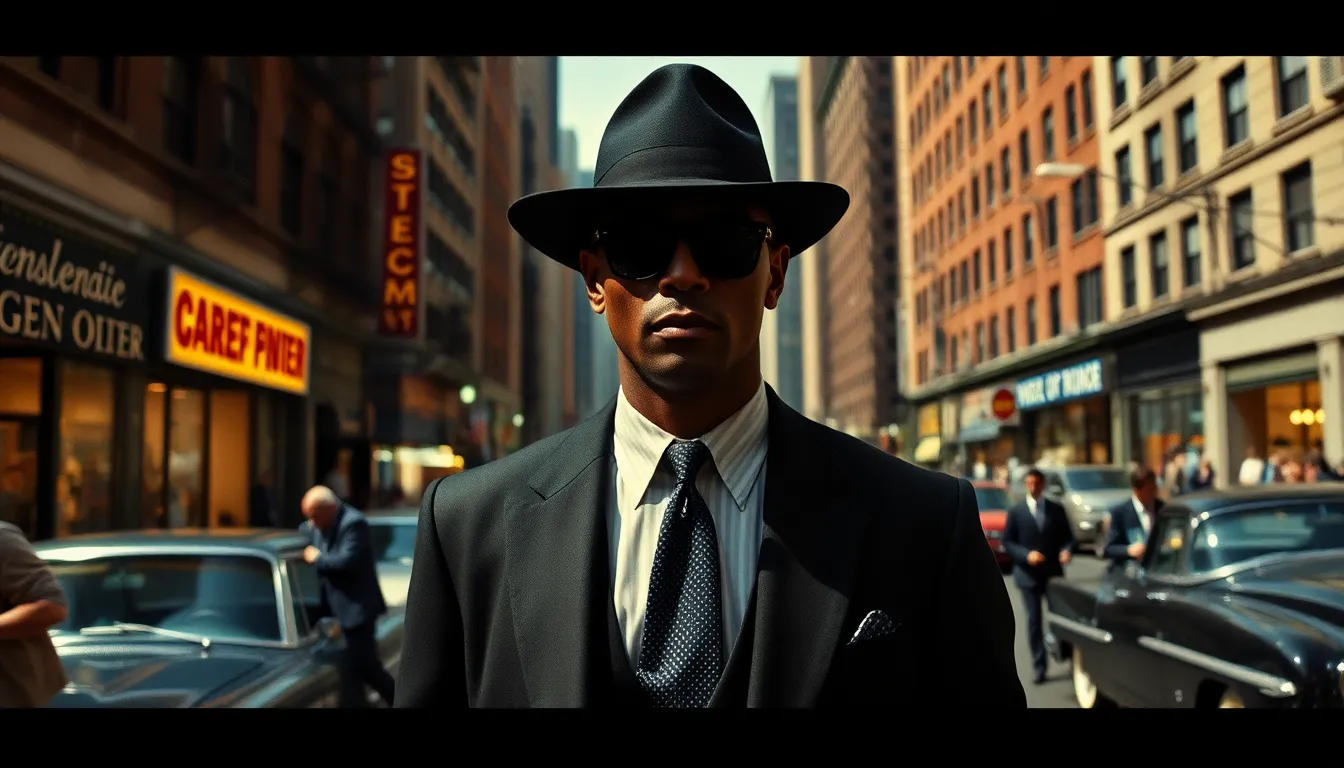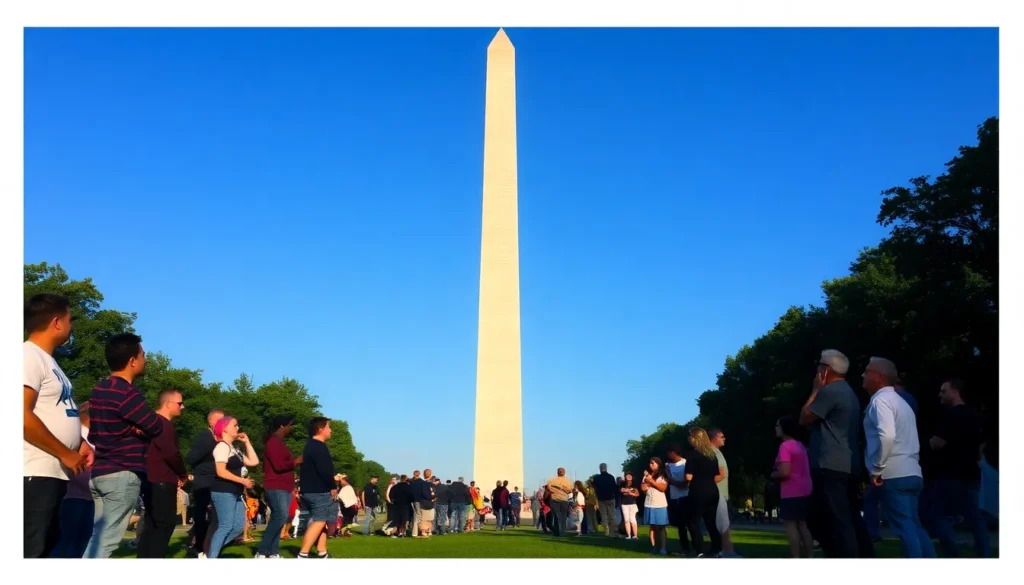When it comes to gripping crime dramas, American Gangster struts onto the scene like it owns the place. With its slick suits and gritty undertones, it pulls viewers into the dark world of 1970s Harlem. But before you grab your popcorn and settle in, there’s a burning question: is this cinematic masterpiece rooted in reality or just another Hollywood fantasy?
Table of Contents
ToggleOverview of American Gangster
“American Gangster” presents the life of Frank Lucas, a real-life drug lord who operated in Harlem during the late 1960s and early 1970s. The film, directed by Ridley Scott and released in 2007, showcases Lucas’s rise to power in the heroin trade, using innovative methods to distribute drugs. It intricately details his operations and the law enforcement efforts to bring him down, primarily led by Detective Richie Roberts.
Richie Roberts, portrayed by Russell Crowe, represents the tenacity of the law. His character significantly impacts the narrative, as he navigates the challenges of tackling corruption and crime. The dynamics between Roberts and Lucas create a tension that drives the story forward. The film draws many elements from Brown’s book and interviews with key figures associated with the case, ensuring a degree of authenticity.
Real-life details intertwine with cinematic elements, creating a storyline that, while based on facts, employs creative storytelling techniques. For instance, the portrayal of characters and events includes dramatizations to enhance the viewer’s experience. The filmmakers aimed not only to tell a true story but also to engage audiences through vivid storytelling.
Statistics surrounding the drug epidemic during this period lend credence to the film’s narrative. The heroin abuse rate surged significantly, captivating societal discussions. The film’s production quality, coupled with its gripping performances, elevates it beyond a simple biography.
“American Gangster” holds significance not solely for its cinematic portrayal but also for encapsulating a pivotal era in American history. It raises essential questions about morality, crime, and the complex interactions between law enforcement and criminal enterprises.
The Real Story Behind American Gangster


“American Gangster” intertwines true events with dramatization, presenting a compelling narrative that reflects a pivotal time in American history. The film’s authenticity springs from its focus on real-life figures and events.
Frank Lucas: The Man and the Legend
Frank Lucas emerged as a notorious drug lord in Harlem during the late 1960s and 1970s. Tales of his innovative strategies, including direct sourcing of heroin from Southeast Asia, established his reputation. Lucas built an empire by cutting out middlemen, which underpinned his profitability. His distinct approach to distribution drew the attention of law enforcement. As the narrative unfolds, Lucas’s story reveals the complexities of power and moral ambiguity in the drug trade. His character serves as a focal point, illustrating how ambition can lead to dramatic consequences.
The Role of Detectives and Law Enforcement
Detective Richie Roberts played a critical role in fighting against Lucas’s operations. Roberts, an honest cop amidst widespread corruption, focused on gathering evidence against drug traffickers. His commitment led to crucial breakthroughs in the investigation. Law enforcement agencies faced immense challenges while battling organized crime. The portrayal of corruption within the police adds depth to the story, highlighting the difficulties faced in maintaining integrity. Roberts’s relentless pursuit of justice showcases the intersection of duty and morality, ultimately shaping the course of the investigation against Lucas.
Differences Between Reality and Film
“American Gangster” blends fact and fiction in its storytelling. This mix raises questions about the portrayal of certain events and characters.
Key Events Altered for Dramatic Effect
The film modifies several key events for dramatic effect. One notable alteration involves Frank Lucas’s arrest; in reality, his capture occurred through significant intelligence work rather than a singular dramatic confrontation. Law enforcement agencies collaborated extensively, which the film condenses into high-stakes moments. Additionally, the timeline of events is compressed, creating a sense of urgency that did not reflect the actual pace of investigations. The depiction of Lucas’s empire’s downfall simplifies complex dynamics, glossing over smaller incidents that contributed to his eventual arrest. These adjustments enhance viewer engagement but differ significantly from the real story.
Character Representations and Accuracy
Character portrayals vary in accuracy, emphasizing certain traits for narrative impact. Frank Lucas, portrayed by Denzel Washington, embodies ruthless ambition, capturing his persona well but intensifying his violent nature. Richie Roberts, represented by Russell Crowe, reflects integrity but also simplifies his character’s multifaceted struggles with morality. While both actors deliver compelling performances, the nuances of their real-life counterparts receive less emphasis. Important figures in Lucas’s life, such as his family and associates, appear only briefly, diminishing the complexity of his personal relationships. These representations shape how audiences perceive the characters versus their authentic selves.
Cultural Impact of American Gangster
“American Gangster” significantly influenced how audiences perceive crime narratives and their real-life counterparts. The film’s gritty visual style and compelling storytelling capture the complexities of drug trafficking, making it relatable and engaging.
Influence on Popular Culture
“American Gangster” has left a lasting mark on popular culture. The film popularized the story of Frank Lucas, inspiring countless discussions and interpretations about organized crime. Iconic quotes and scenes entered everyday vernacular, reflecting its broader cultural resonance. Merchandising associated with the film appeared in various forms, highlighting its commercial success. Elements from the movie, such as fashion choices and music, found their way into mainstream media, reinforcing its impact across multiple platforms. The film’s narrative has also motivated other filmmakers to explore similar themes, shaping cinematic portrayals of crime in modern storytelling.
Reflections on Crime and Justice
“American Gangster” invites viewers to reconsider the relationship between crime and justice. It showcases the moral ambiguities faced by both criminals and law enforcement officers, illustrating that motivations often blur ethical lines. As Detective Richie Roberts navigates corruption within the police force, his dedication to justice becomes evident. The film raises questions about accountability and the criminal justice system’s integrity. These themes resonate deeply with audiences, prompting critical reflection on society’s response to drug-related crime. By presenting a multifaceted view of law enforcement and criminal enterprises, “American Gangster” fosters meaningful conversations around justice, ethics, and societal values.





